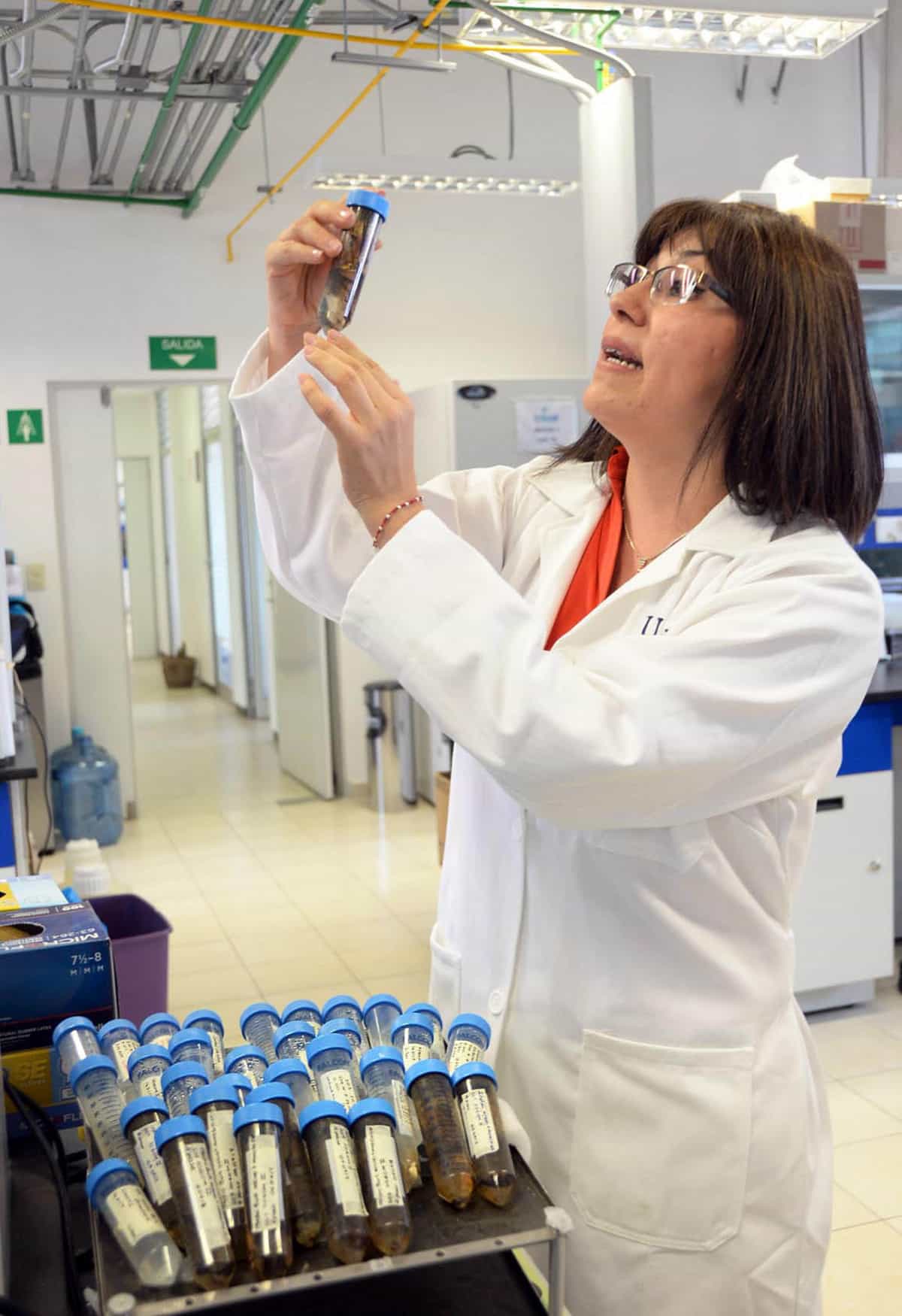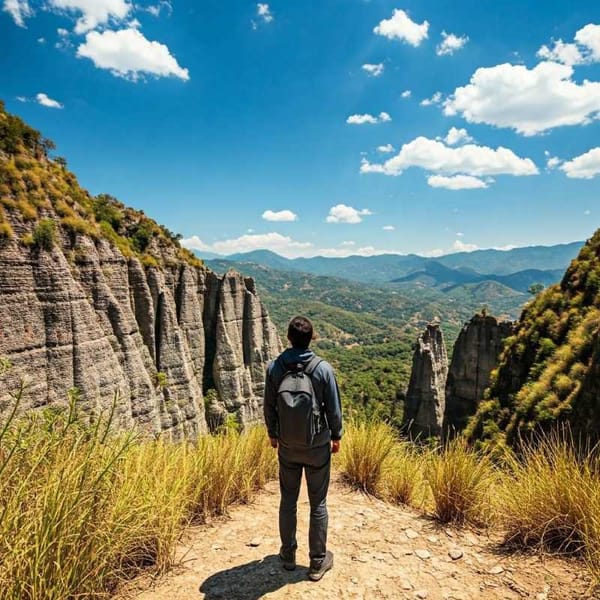Bioremediation Products: Bacteria Used to Decontaminate the Environment
It is possible to use bioremediation products that are environmentally friendly. We already have a range of products that can be developed.

The first tests of bacteria capable of degrading oil and some of its derivatives, including plastics, have been successfully carried out; the next step is to use them for the benefit of mankind, according to a study conducted by researchers at UNAM's Institute of Biotechnology (IBt).
The bacteria were detected as part of the findings of the Gulf of Mexico Research Consortium (CIGoM), where Liliana Pardo López and Fidel Alejandro Sánchez Flores, both IBt researchers, collaborate.
Supported by the Coordination of Linkage and Technology Transfer, the researchers are reviewing in detail the effectiveness of microorganisms to bioremediate an oil spill, contaminated bodies of water, cleaning up hydrocarbon contamination, and possibly degrade plastics in the water.
We already have a range of products that can begin to be developed, from those to remediate bodies of water, to the potential of restoring an oil spill, all with the package of bacteria that have been isolated from the Gulf of Mexico and that finally is part of our contribution as UNAM researchers, said Sánchez Flores.
The tests consist of checking the efficacy of seawater and sand. The first one is carried out in Sonora since it implies pumping 5,000 liters of seawater to have controlled contamination. On the other hand, the second with contaminated sand will be carried out in Guerrero, in a region at the foot of the sea where there is access to it, which is placed in meshes to prevent the contaminants used in the test from passing to the subsoil.
"Today we have doctoral students at the IBt who are just proving that these bacteria can also degrade plastics, we are working with different types of plastics. I am currently in France doing a sabbatical year at the Villefranche Oceanography Laboratory at the Sorbonne and working on the colonization and degradation of plastics by bacteria that live in the Mediterranean, to bring this knowledge to UNAM and be able to continue transferring technological packages, but now for the degradation of plastics in the oceans, which is a problem that concerns the entire planet," added Pardo Lopez.

Bioremediation products from basic science
For the past six years, both specialists have been participating in oceanographic campaigns of CIGoM together with researchers from CICESE (Ensenada), the Autonomous University of the State of Morelos, and CINVESTAV-Merida, to know what type of microorganisms inhabit the Gulf of Mexico and today can be used as tools to bioremediate contaminated beaches or waters.
"It would be excellent if bioremediation, which is an environmentally friendly technology, could be used more frequently, we believe there is a good future there; that is, to treat pollutants such as hydrocarbons, plastics, organic matter, metals, etc., damaging the environment as little as possible. It would be very good if more researchers joined this effort, and a virtuous circle of researchers and businessmen could be created", highlighted Pardo Lopez.
Scientifically speaking, added the institutional leader before the Consortium, and the results were extraordinary, the first of them is the Environmental Baseline Atlas of the Gulf of Mexico, which is a great asset for the country, we published 11 volumes on meteorology, fish, mammals, seagrasses, etc., and one of them is dedicated to bacteria.
This effort is unprecedented, as 300 researchers from the best institutions in the country worked together to learn a little more about the Gulf.
The researchers analyzed the microorganisms with a technique called metagenomics, which allows them to extract the DNA and several other strains (groups of microorganisms that belong to the same species and come from a single cell) were taken to the laboratory to sequence their genomes, classify them and, thanks to this, today the IBt has a database of 300 isolated bacteria, of which 43 have been identified as being able to degrade the oil.
The first step was the generation of knowledge; subsequently, technological maturation was achieved with this package of 43 bacteria, which was protected by UNAM as an industrial secret. To continue with the virtuous circle, this technology would have to be transferred to the private sector, added the scientist.
For this, together with experts from CICESE and extraction technicians, the UNAM researchers created the company Deep Sea Genomics S.A. de C.V., in this way the National University was able to transfer the technological package to the company with which they are carrying out the first pilot tests of the effectiveness of these bacteria in Sonora.
Regarding the safety of using the microorganisms for the degradation of oil, hydrocarbons, or other contaminants, Sanchez Flores explained that the objective is to allow them to grow in the laboratory and carry out pathogenicity tests, to be completely sure that they will not harm the flora, fauna or human beings, and then apply them without risk in the affected area.
Both experts agreed that at the moment the most important thing to continue with the tests is to get investors since they are researchers and have little experience in business development. Although they have overcome obstacles along the way, the task has not been easy.




